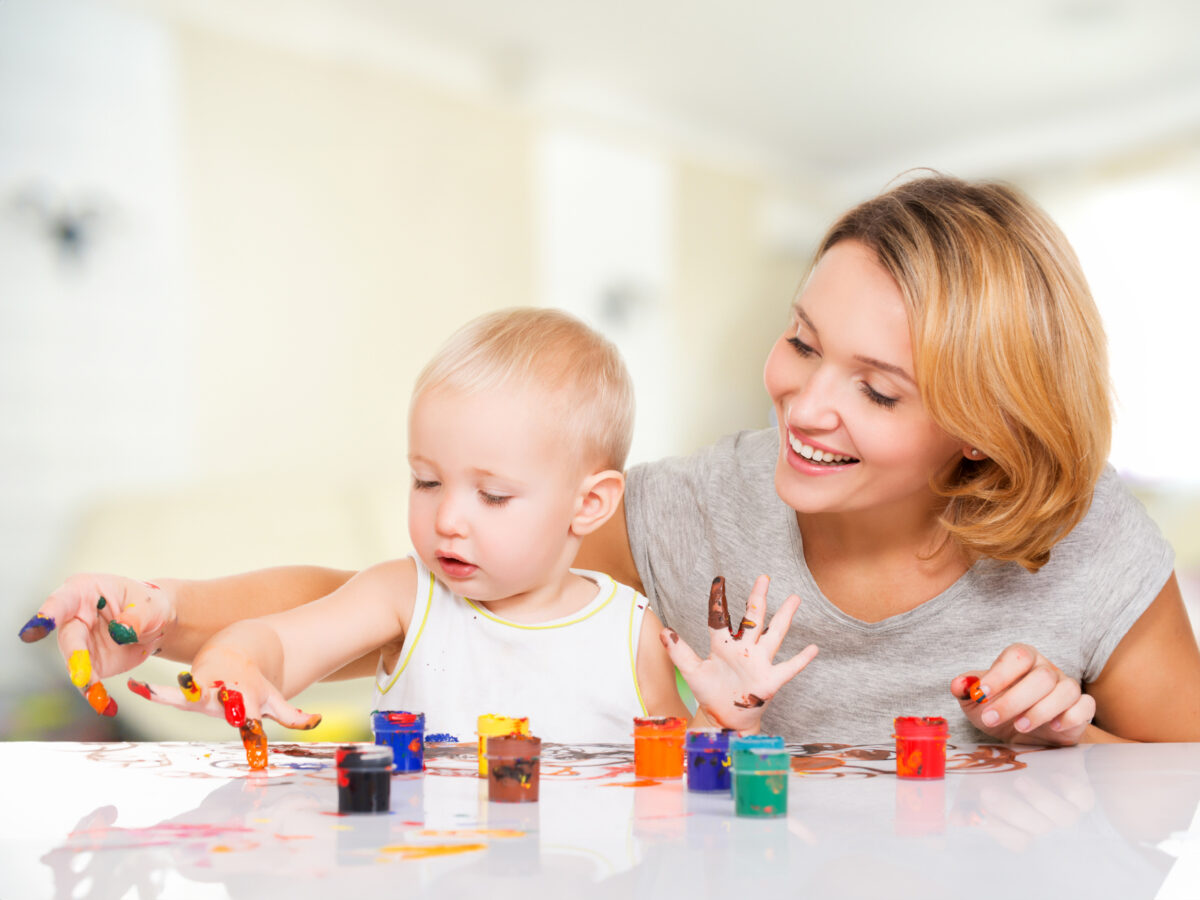Nursery as the First Step in a Child’s Independence

Is a nursery a good idea?
Entrusting a child to a nursery might wrongly be associated with parents outsourcing the care of their toddler to strangers and, thus, not feeling like adequate caregivers. In a modern context, a nursery is not merely a place where a child stays in the absence of parents but also a secure haven where a space is created for socialisation and teaching children self-discovery. For parents, institutions like nurseries or preschools aren’t a shortcut. Quite the opposite, they serve as an ever-expanding knowledge base about a child’s developmental possibilities. Psychology emphasises how important it is to provide a child with diverse stimuli from the earliest years of life. A nursery is precisely one of those initial places that enable this.
Does entrusting a child to a nursery disrupt our bond with them?
Parents often refer to the famous experiment by M. Ainsworth, who studied how children react to the absence of parents, thus determining their attachment type. It’s worth mentioning here that adapting to a nursery and attending it regularly is not a form of experimentation. When we talk about a child’s adaptation to a nursery, we mean leaving them in a safe space with qualified staff, whose main task is to pay attention to them – which, according to research, promotes a smooth adjustment to the new environment. To summarise, nursery adaptation is a long-term process carried out in natural conditions, in the company of trained staff whose primary goal is to provide a little one with a secure atmosphere—not to test their vulnerabilities or developmental predispositions, as often happens in the studies described in the literature on the subject.
Will the child miss us?
Around the seventh month of life, a child starts to exhibit signs of longing – this can be observed through their reluctance to engage with individuals other than their parents. However, by around eighteen months, little ones can imagine attachment objects, conjuring their face, voice, scent, taste, and touch in their minds. This stage of development enables them to spend time with other people and form relationships. Thus, nursery adaptation can be seen as a process in which a child resolves the separation anxiety from parents and begins to explore a new environment.
What does nursery adaptation look like?
We understand that the course of adaptation and the accompanying sense of security for both children and parents will influence their ongoing experience in the facility. The key term is synergy, involving the co-occurrence of two areas of adaptation, where each is equally important and cared for: the child and the family adapt to the conditions and rules specified by the institution (such as the daily rhythm), while the institution adjusts to the child’s individual expectations, as well as the knowledge and hopes of the parents (for instance, regarding diet selection or play ideas). Generally, the adaptation process can be influenced by several factors: the number of children in a group, the number of caregivers, and the disciplinary methods employed – if the institution ensures close interaction with children and professional care, then the necessary conditions for a well-rounded development of the child will undoubtedly be met.
When it comes to the process of leaving a child at the facility, various approaches can be taken, depending on the individual needs of the child and parents. A common choice is for the parent to spend a specific amount of time in the room with the child during the initial days until the child develops trust with the caregiver. This can involve gradually reducing the time spent with the child in the room. Consistently repeating the action of the parent leaving the room and returning after some time (increasingly longer) can create an association for the child: they left and returned. In this way, being under the care of individuals other than the parents at the nursery will become something natural and secure for the child. Trust in the nursery staff from the parent’s side and their inner calmness are also crucial, as the child will quickly sense any lack of these elements.
At KIDS&Co., we genuinely prioritise ensuring this process unfolds entirely stress-free. We are always eager to address any questions and concerns parents might have, remaining ready to assist in any way possible!
Let’s meet!
We invite all of you to an individual meeting with the headteacher. This will be a great opportunity to find out about our educational offer, ask questions, and visit the kindergarten. You can book one visit for a given day.












